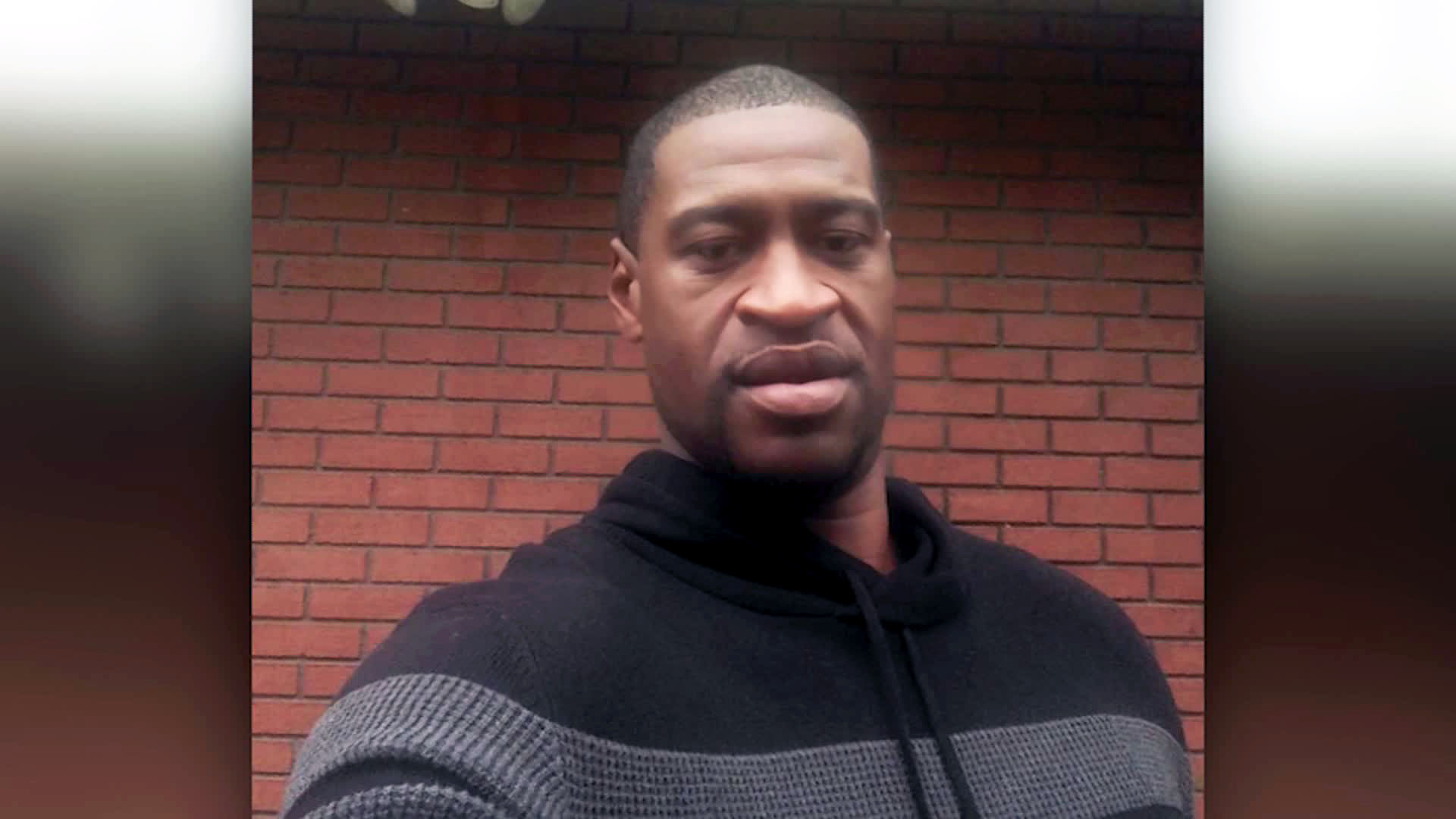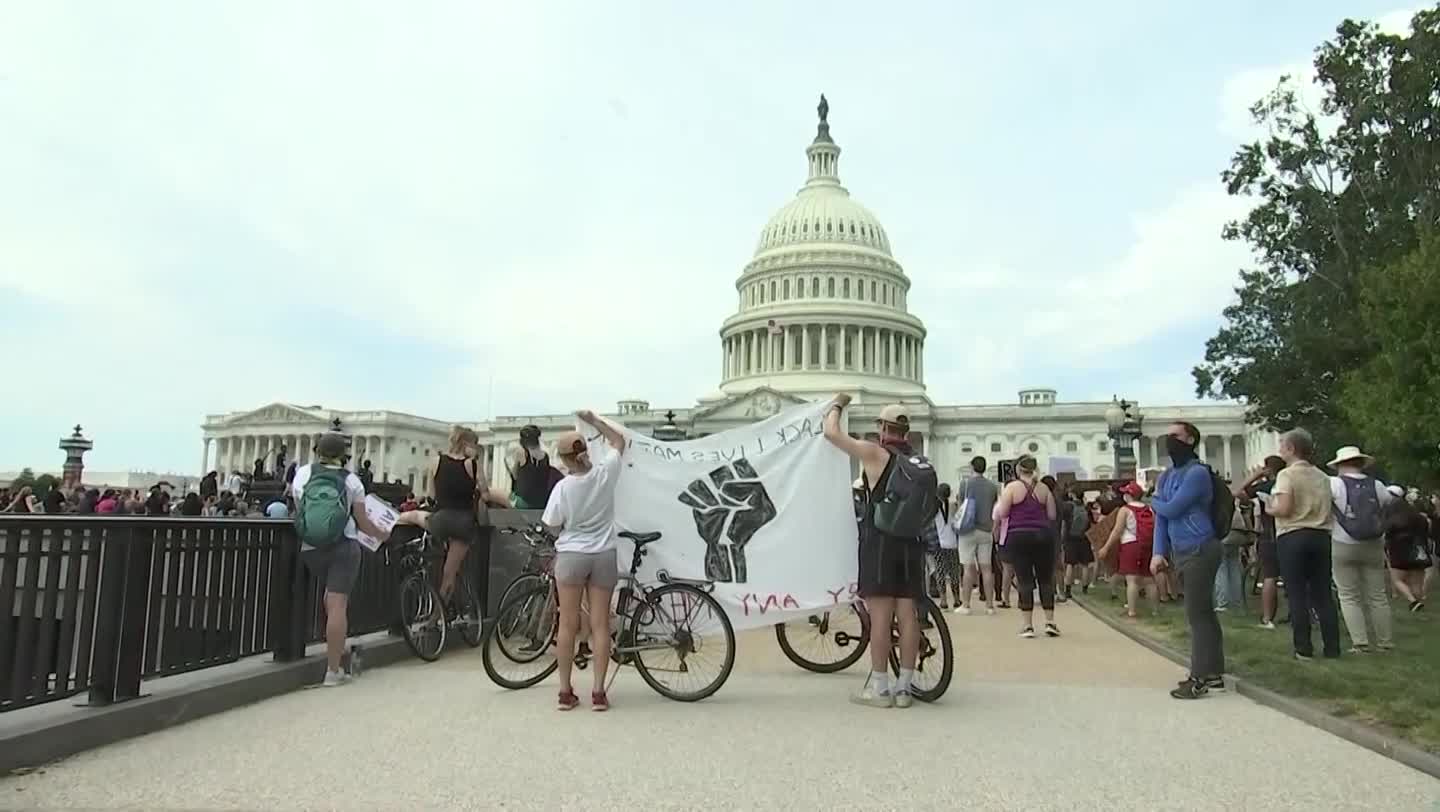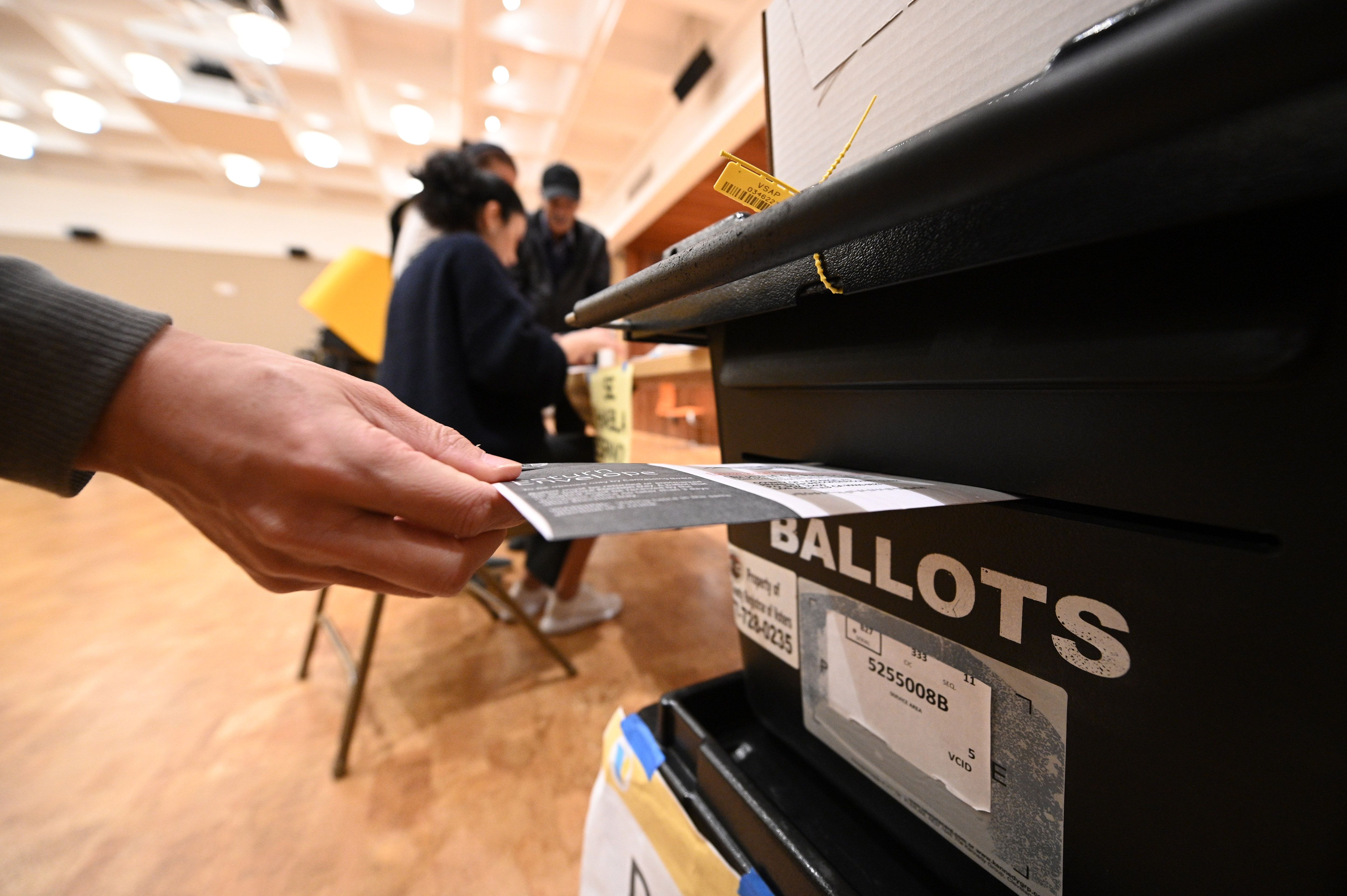Update: 6/17 – Judge Barbara Swinton ruled in a lawsuit involving Governor Mary Fallin and documents.
Late today Judge Swinton said the governor must turn over a log of emails with who sent the emails, who they were sent to along with the date and subject line. The actual content of the emails may be withheld at this time.
The governor’s office had refused to hand over the documents regarding her decision to not setup a state healthcare exchange and expand Medicaid.
The ACLU argues those emails are public information while the governor maintains executive privilege.
KFOR legal analyst Garvin Isaacs says he expects the judge to review the log and then decide if the governor is within her right.
Isaacs said, “If those documents have been sent outside of the group covered by executive privilege, then those documents will have to be revealed.”
Governor Fallin’s office released the following statement following the judge’s ruling:
“We are pleased by the court’s ruling today, which recognizes the right of the governor to exert ‘deliberative process’ privilege. That privilege is commonly exerted by chief executives on both state and federal levels to protect the ability to receive candid, private advice on issues of public policy.
“We expect today’s ruling to be just the first step in a longer legal process. The governor welcomes the chance to resolve this issue in court and provide clarity as to the provisions and limits of the Open Records Act.
“While the legal process plays out, our office continues to be committed to transparency and openness. We have, to date, released over 100,000 pages of documents in response to Open Records requests, more than all other Oklahoma governors combined. We will continue to release our records and maintain our commitment to open government.”
The ACLU believes today’s ruling is both good and bad.
Ryan Kiesel, Executive Director of the ACLU of Oklahoma, says he is looking forward to the next steps in the process.
“While we respectfully disagree with the District Court’s finding that a deliberative process privilege exists under Oklahoma law, this order holds that the Governor of Oklahoma can no longer unilaterally hide documents under the Open Records Act. Regardless of the outcome of any appeals, the fact that the government must turn over a log of the documents to the Court means at the very least that an independent set of eyes will review documents the Governor of Oklahoma has up to this point refused to disclose to the public. This is only the beginning of our work and we look forward to the next steps in the process to ensure that our client and the people of Oklahoma have the transparency they are afforded by the law.”
Brady Henderson, Legal Director of the ACLU of Oklahoma say today’s ruling is disappointing.
“Judge Swinton’s ruling contains both immediate victories and temporary setbacks for our ongoing work to defend government transparency and accountability in Oklahoma. Judge Swinton’s ruling rejected the Governor’s unilateral claim of “executive privilege” and orders her to disclose important information about the documents she refused to release. Unfortunately, the Judge’s ruling did not reject another form of government secrecy, namely “deliberative process privilege,” that we believe is not supported by Oklahoma law. While disappointing, today’s ruling does not close the door on government transparency and accountability in Oklahoma.”
Update: 6/16 – A clerk with District Judge Barbara Swinton’s office said the judge is expected to have a decision over forcing Governor Mary Fallin to turn over documents is expected to come Tuesday.
OKLAHOMA CITY – Is Governor Fallin required by law to hand over 31 documents, totaling 100 pages, related to her decision to reject Obamacare?
Brady Henderson, Legal Director for the American Civil Liberties Union of Oklahoma, says yes – according to the state’s Open Records Act.
“It’s about what it lets us, the people of Oklahoma, do,” he said, “and that’s to be able to understand what our government officials are doing and why, but then be able to act accordingly. That can be as simple as us voting a certain way at the ballot box.”
A lawsuit filed by the ACLU is demanding Governor Fallin turn over all documents pertaining to her decision not to create a state healthcare exchange or expand Medicaid under the Affordable Care Act.
At the Oklahoma County Courthouse Thursday, Henderson argued that those documents belong to the people of Oklahoma.
“Only by knowing, essentially, what’s behind the scenes can the public really understand the decision,” he said, “and then understand ‘what do we do about it?'”
Neal Leader, Senior Assistant Attorney General, would not comment on camera – but argued “executive privilege” allows the Governor to have private, candid and even heated debates with her staff, without fearing those conversations will end up in the media.
A lack of confidentiality, he argued, would keep the Governor from having effective decision making.
Leader said executive privilege is crucial to deliberating major decisions that affect thousands of Oklahomans, such as health care.
The Governor’s office said it will release all documents requested through the Open Records Act at the end of her term.
A clerk with District Judge Barbara Swinton’s office said the judge is expected to have a decision in this case by Monday.



